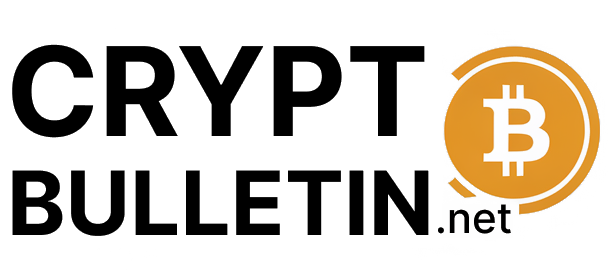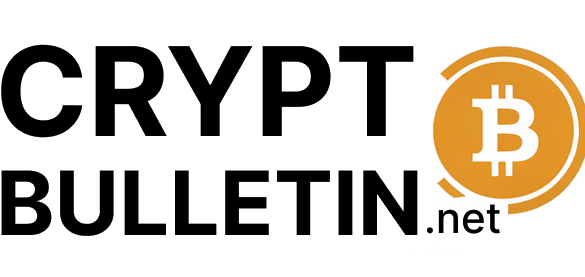Introduction
Social media platforms have become an integral part of our daily lives, with millions of users across the globe. However, the centralized nature of these platforms has raised concerns about data privacy, censorship, and content monetization. Blockchain technology has the potential to address these concerns by enabling the development of decentralized social media platforms and content monetization models. In this article, we will explore the use cases of blockchain technology in social networks, including decentralized social media platforms and content monetization.
Decentralized Social Media Platforms
Decentralized social media platforms are based on blockchain technology and aim to provide a more transparent, secure, and user-controlled alternative to centralized social media platforms. These platforms are built on decentralized networks, where users can interact with each other directly without the need for intermediaries.
One example of a decentralized social media platform is Steemit. Steemit is a blockchain-based social media platform that allows users to create and curate content and earn cryptocurrency rewards for their contributions. The platform uses a consensus mechanism called proof-of-brain, which rewards users for creating and sharing high-quality content. Users can also vote on content, which helps to determine its value and ranking on the platform.
Another example of a decentralized social media platform is Minds. Minds is a decentralized social media platform that aims to provide a more private and secure alternative to traditional social media platforms. The platform is built on blockchain technology and uses a cryptocurrency called Minds tokens to incentivize users to create and curate content.
Benefits of Decentralized Social Media Platforms
Privacy:
Decentralized social media platforms can provide greater privacy and data control to users, as they are not controlled by a centralized authority.
Censorship Resistance:
Decentralized social media platforms are more resistant to censorship, as they are not controlled by a centralized authority.
Monetization:
Decentralized social media platforms can provide new monetization opportunities to content creators, as they can earn cryptocurrency rewards for their contributions.
Transparency:
Decentralized social media platforms can provide greater transparency and accountability, as all transactions are recorded on the blockchain.
Content Monetization:
Content monetization is another area where blockchain technology can provide significant benefits. Traditional content monetization models are often controlled by intermediaries, such as publishers and advertisers, who take a large percentage of the revenue generated from content. Blockchain technology can enable the development of new content monetization models that are more transparent, efficient, and user-centric.
One example of a blockchain-based content monetization model is Brave Browser. Brave Browser is a web browser that uses blockchain technology to enable a new advertising model. Users can opt-in to receive privacy-respecting ads and earn cryptocurrency rewards for viewing them. Content creators can also earn cryptocurrency rewards for creating high-quality content that is viewed by users on the platform.
Another example of a blockchain-based content monetization model is SingularDTV. SingularDTV is a blockchain-based entertainment platform that aims to provide a more transparent and fairer distribution model for content creators. The platform uses smart contracts to automate royalty payments and ensure that content creators receive a fair share of the revenue generated from their content.
Benefits of Blockchain-based Content Monetization
User-Centric:
Blockchain-based content monetization models are more user-centric, as they enable users to directly earn rewards for their contributions.
Transparency:
Blockchain-based content monetization models can provide greater transparency and accountability, as all transactions are recorded on the blockchain.
Efficiency:
Blockchain-based content monetization models can be more efficient, as they eliminate intermediaries and reduce transaction costs.
Fairness:
Blockchain-based content monetization models can provide greater fairness to content creators, as they ensure that they receive a fair share of the revenue generated from their content.
In addition to decentralized social media platforms and content monetization models, blockchain technology can also address other issues in social networks, such as identity verification and data privacy.
Identity Verification
Identity verification is a crucial aspect of social networks, as it helps to prevent fraud, fake accounts, and other forms of identity theft. Blockchain technology can provide a more secure and decentralized approach to identity verification, where users have greater control over their personal data.
One example of a blockchain-based identity verification platform is Civic. Civic is a decentralized identity verification platform that uses blockchain technology to securely store and verify user identities. Users can store their personal information on the blockchain and control who has access to it. This can help to prevent identity theft and provide a more secure and user-controlled approach to identity verification.
Data Privacy
Data privacy is another major concern in social networks, as users often share sensitive information that can be exploited by malicious actors. Blockchain technology can provide a more secure and transparent approach to data privacy, where users have greater control over their personal data and can see who has access to it.
One example of a blockchain-based data privacy platform is Datum. Datum is a decentralized data storage platform that uses blockchain technology to provide a more secure and transparent approach to data privacy. Users can store their data on the blockchain and control who has access to it. They can also earn cryptocurrency rewards for sharing their data with trusted third parties, such as advertisers and researchers.
Benefits of Blockchain-based Identity Verification and Data Privacy
Security:
Blockchain-based identity verification and data privacy platforms can provide greater security and prevent identity theft and data breaches.
User Control:
Blockchain-based identity verification and data privacy platforms give users greater control over their personal data and who has access to it.
Transparency:
Blockchain-based identity verification and data privacy platforms can provide greater transparency and accountability, as all transactions are recorded on the blockchain.
Efficiency: Blockchain-based identity verification and data privacy platforms can be more efficient, as they eliminate intermediaries and reduce transaction costs.
Conclusion
Blockchain technology has the potential to address many of the issues in social networks, such as privacy, identity verification, and content monetization. By providing a more secure, transparent, and user-controlled approach to social networks, blockchain technology can enable a more equitable and democratic social media landscape. While there are challenges to overcome, the potential benefits of blockchain technology in social networks are significant, and we can expect to see more innovative use cases emerge in the future


